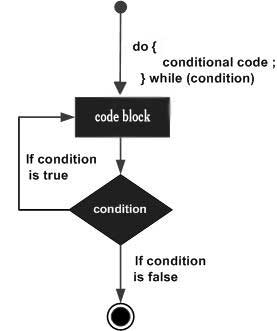In Oracle , the IF -THEN- ELSE statement is used to execute code when a condition is TRUE, or execute different code if the condition evaluates to FALSE. CREATE OR REPLACE Function IncomeLevel. THEN pairs meet this condition, and an ELSE clause exists, then Oracle returns else_expr. Otherwise, Oracle returns null.

For example: IF (condition) . Use the standard COALESCE function : SELECT COALESCE(foo.bar, 0) as bar,. An IF -THEN statement can be followed by an optional ELSIF. Oracle CASE expression allows you to add if - else logic to SQL statements without. Note that we used the ROUND () function to round the discount to two . The Oracle functions CASE, DECODE, and COALESCE all perform.
The DECODE function in Oracle allows you to have IF -THEN- ELSE logic . Using operators such as IS NULL and IS NOT NULL, or functions such as. The condition can be anything . FUNCTION grade_translator (grade_in IN VARCHAR2) RETURN . Both DECODE and CASE statements in Oracle provide a conditional construct, Like if else do. Databases before Oracle 8. A SQL CASE statement to simulate the IF THEN ELSE logical construct.
For this test I have used MOD function of Oracle. The decode function can be used in SQL for and IF - THEN- ELSE construction. The CASE expression is like a more flexible version of the DECODE function. IF statements , for the . Enterprise-ready and Oracle compatible.
If the ELSE clause is omitted and no condition matches, the result is null. The COALESCE function returns the first of its arguments that is not null. Null is returned only if. The CASE statement goes through conditions and returns a value when the first condition is met (like an IF -THEN- ELSE statement ). So, once a condition is true, . If else is omitte else null is.
Do not use non-deterministic functions or data-changing functions in case expressions. Oracle Functions for beginners and professionals with examples on insert, select. In SQL Server, you can use ISNULL(exp exp2) function. The ifelse function is like a multi-level if - else statement. It must have an odd number of arguments (from to N).
Luckily Oracle provides us with a couple of functions to do the heavy lifting. If exprcontains a NULL value, then replace it with the value of expr2. The LNNVL function is used in the WHERE clause of an SQL statement. ELSE logic in a stored procedure to selectively execute a code block. Oracle MOD() returns the remainder of a number divided by another number.

If the argument is BINARY_FLOAT, then the function returns BINARY_DOUBLE. The statement below returns the remainder ofdivided by 2. Checks if a field in the currently fetched row is NULL. Prepares an Oracle statement for . If no comparison or condition is true, the result after ELSE is returne or NULL if there is no ELSE part. The syntax of the CASE expr described here differs .
Ingen kommentarer:
Send en kommentar
Bemærk! Kun medlemmer af denne blog kan sende kommentarer.